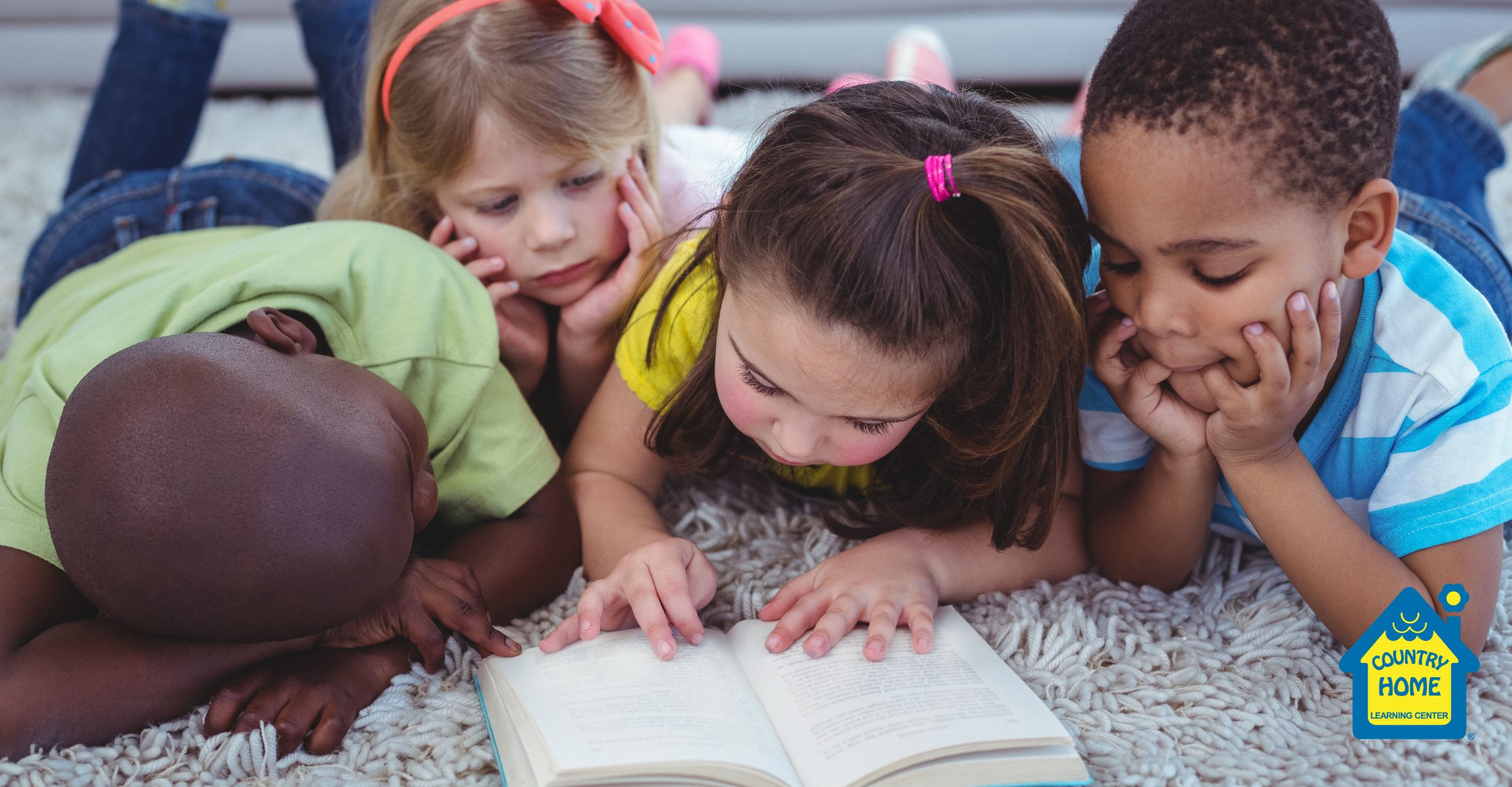
The grandpa held the jar of honey so that all the family could see, then dipped a ladle into it and drizzled honey on the cover of a small book.
The little girl had just turned five.
“Stand up, little one,” he cooed. “I did this for your mother, your uncles, your older brother, and now you!”
The he handed the book to her. “Taste!”
She dipped her finger into the honey and put it into her mouth.
“What is that taste?” the grandma asked.
The little girl answered, “Sweet!”
Then all of the family said in a single voice, “Yes, and so is knowledge, but knowledge is like the bee that made that sweet honey, you have to chase it through the pages of a book!”
The little girl knew that the promise to read was at last hers. Soon she was going to learn to read.
This beloved introduction to Patricia Polaco’s Thank You, Mr. Falker is the perfect story to describe the beautiful gift that it is to read. The gift of literacy is something that, more often than not, we take for granted in our daily lives. When children learn to read, we get to pass on that gift to them as well. Reading is knowledge. Reading is imagination. Reading is access to infinite worlds tucked within the pages of books. Let’s explore why reading is important for children.
A Bright Start
According to Reach Out and Read, a program of child development specialists designed to encourage literacy in children, reading to children from a young age promotes better recognition of sounds and letters, knowledge of a wider range of vocabulary, increased listening skills, and a deeper understanding of how stories work. These skills are essential for our little ones as they learn and grow. In hearing developmentally appropriate books read out loud to them, children absorb sounds, words, and concepts like a sponge. They also use their imaginations to fill out the story in their mind. This encourages curiosity, creativity, and compassion.
Empathy
Reading is one of the most empathetic acts that humans are capable of. By reading a story, the reader is put into the shoes of the main character, allowing them to see and experience the world from their perspective. We see what the character sees, and we feel what they feel. When children read stories, they learn to perceive others with empathy and compassion as they navigate the world around them, learning to put themselves in the shoes of another. Reading stories activates that muscle in our brains and makes it easier to receive the stories of others in our daily lives.
Imagination
Imagination is one of the purest gifts of childhood. It’s something we’re all born with, but sadly, something that many lose touch with as they grow up. Imagination is like a muscle that needs to be used in order to get stronger. Reading encourages children to use that muscle to create the story in their heads as they listen to words and look at pictures. According to Mandi Fisher, program manager at the Norther Virginia Family Service, “Reading stimulates imagination, language and learning.”
Even with the myriad of benefits that reading to your child provides, the greatest is spending time together. As a parent, taking time to sit down with your child and read to them is time well spent, and at the end of the day, that’s what matters. We hope you feel inspired to head to your local library and pick out some books to read as a family. We’ll be doing the same!

